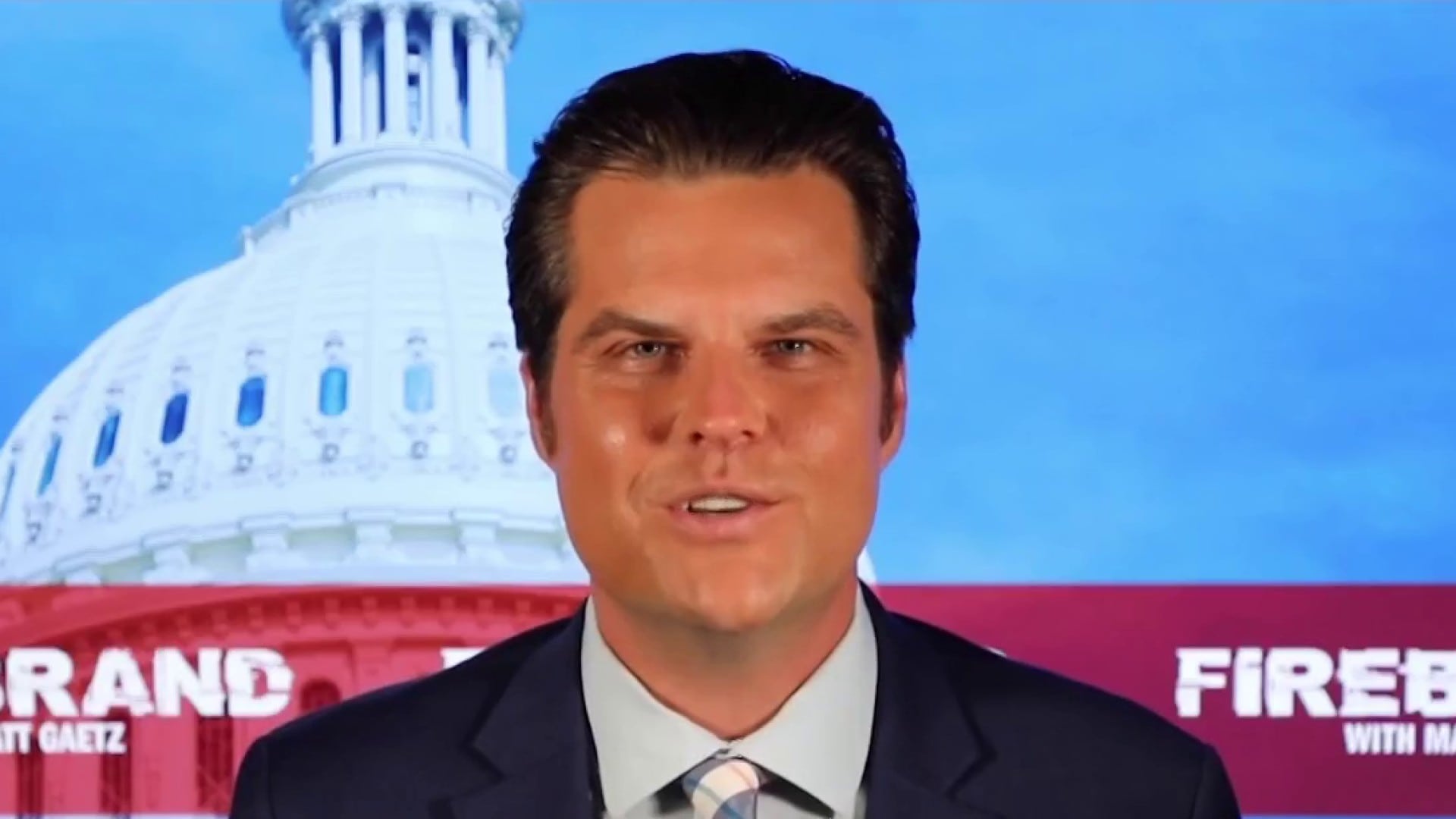Former House Speaker Newt Gingrich issued a stark assessment of the turmoil within the Republican Party following the ousting of former Speaker Kevin McCarthy (R-Calif.). Gingrich said the eight Republicans who sided with Democrats in the vote “unleashed furies” within the GOP conference.
Gingrich described the House’s current state as a mess and proposed that House Republicans should have remained in conference after their decision to withdraw their support for Rep. Jim Jordan (R-Ohio) as the party’s speaker-designate.
He argued that Republicans should have stayed together and sought to obtain the 217 votes required for the speaker’s election. He stated, “They shouldn’t bring anybody out until they have 217. And second, that 217 has to be committed not just to elect a Speaker, but to stick together for the next five or six months.”
Gingrich cautioned against the alternative approach of choosing a personality and trying to gain a majority within the conference, only to be defeated when they enter the House floor. He emphasized the risk that the House could elect someone, only to face another crisis within a few weeks, returning to the same disarray.
Shortly after McCarthy’s removal, Gingrich called on House Republicans to expel Matt Gaetz and to reject the motion to oust McCarthy, labeling the Florida Republican as “anti-Republican” for his “childish behavior.”
McCarthy’s historic ousting prompted some Republicans to call for changes to the rule that allowed for McCarthy’s removal from the speaker position.
The dramatic, 15-ballot election that led to McCarthy’s election as speaker in January saw McCarthy agree to lower the threshold required to force a vote on a motion to vacate from five to one. This adjustment allowed Gaetz to single-handedly call for the vote, ultimately leading to McCarthy’s removal.
Republicans are now looking for ways to ensure a similar scenario cannot happen in the future. However, implementing a resolution to change this rule would likely only be possible once a new speaker is elected and the House returns to its usual functions.
Since McCarthy’s removal nearly three weeks ago, the House has been in a state of paralysis. Several Republicans seeking to take the speaker’s position have faced internal conflicts within the GOP conference, making it challenging for candidates to secure the 217 votes needed for the speakership.
House Majority Leader Steve Scalise (La.) initially gained the GOP’s support and defeated Jordan, but he later withdrew his candidacy when it became evident that he would not reach the required vote count. Jordan re-entered the race and secured the nomination against Rep. Austin Scott (Ga.) but failed to reach 217 votes on three ballots last week, gradually losing GOP support.
After the third vote, House Republicans decided by secret ballot to no longer back Jordan, bringing the lower chamber back to square one.
Numerous Republicans have already thrown their names into the speaker’s race, and a candidate forum is scheduled for Monday at 6:30 p.m. An internal nomination election will take place on Tuesday at 9 a.m. as the GOP seeks to chart a new path forward.
Georgia Gilholy is a journalist based in the United Kingdom who has been published in Newsweek, The Times of Israel, and the Spectator. Gilholy writes about international politics, culture, and education.
From the Vault

